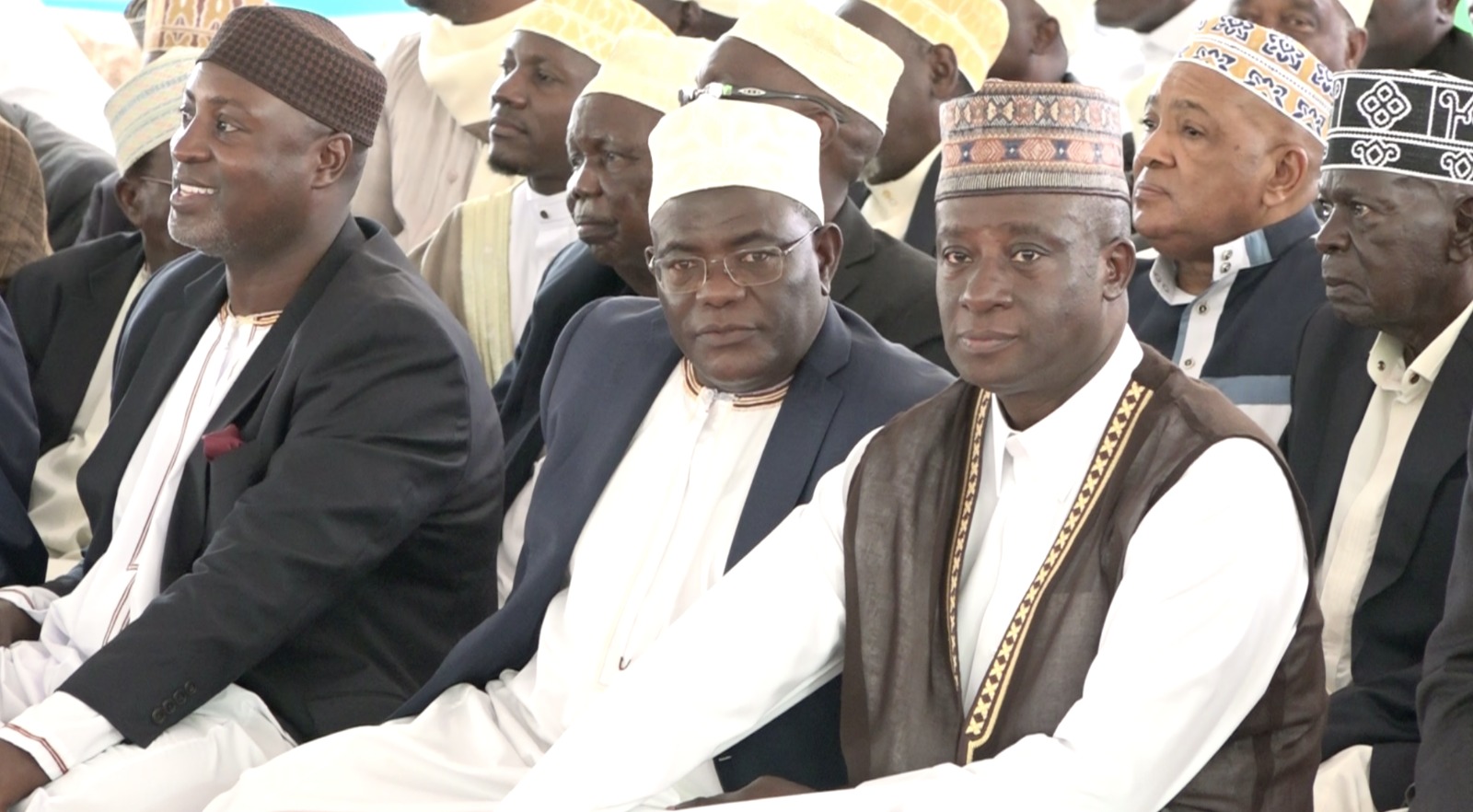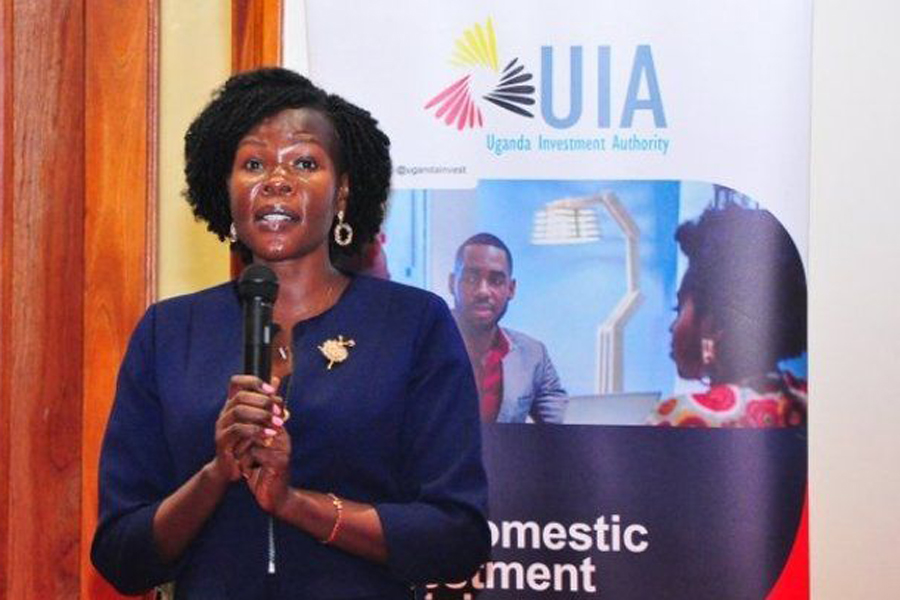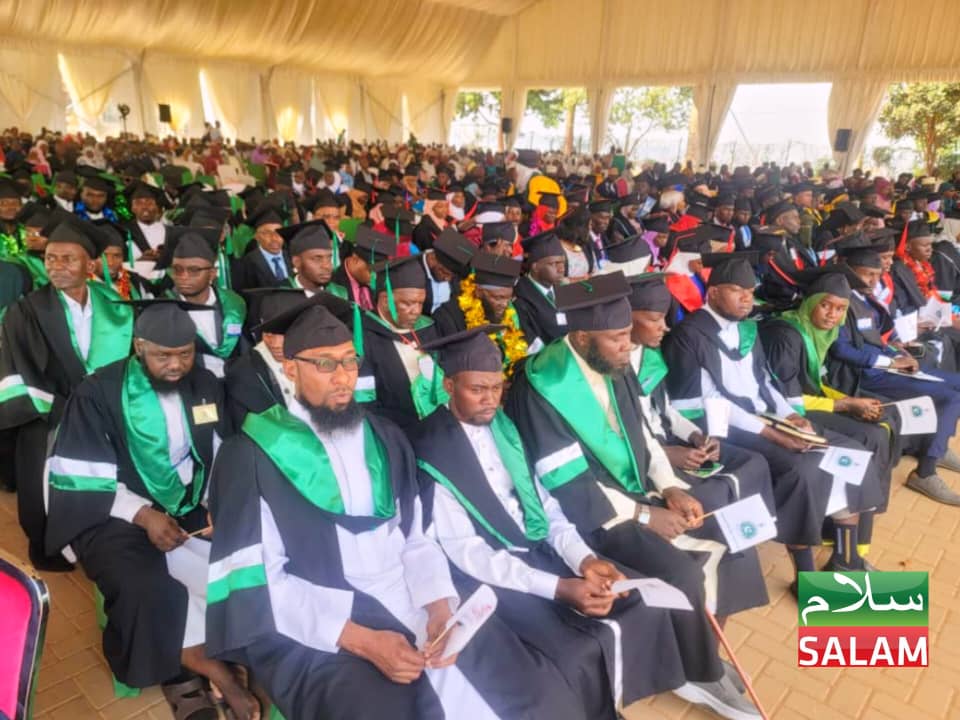Report: Lack of gov't-funded pre-primary education in Uganda creates lifelong consequences

A report released by Human Rights Watch and the Initiative for Social and Economic Rights (ISER) reveals that Uganda's lack of government-funded pre-primary education is causing significant lifelong negative consequences.
The report, titled "Lay a Strong Foundation for All Children: Fees as a Discriminatory Barrier to Pre-Primary Education in Uganda," emphasizes that fees charged by private preschools create a major obstacle, especially for families in rural areas and with low incomes.
Keep Reading
The report reveals that the lack of access to free pre-primary education leads to poorer performance in primary school, higher repetition and dropout rates, and widening income inequality.
Shockingly, fewer than 1 in 10 Ugandan children aged 3-5 are enrolled in registered and licensed pre-primary schools, with 60 per cent not attending any school until they reach primary school.
Jo Becker, Children's Rights Advocacy Director at Human Rights Watch, emphasizes the critical importance of pre-primary education.
"The pre-primary years are a critical time for children's development, and children who miss out on pre-primary education may never catch up to their peers. Failing to provide government-funded pre-primary education hurts children's lifelong prospects and also undermines Uganda's social and economic development."
While the Ugandan government introduced free primary education in 1997 and free secondary education in 2007, pre-primary education is left to private agencies, with parents responsible for the cost, as mandated by the 2008 education law.
The fees for parents can amount to several months' income, making it unaffordable for many.
Some preschool fees even surpass the average tuition for certain programs at Uganda's leading university, Makerere University.
In contrast to Uganda, neighbouring countries such as Kenya and Tanzania allocate more than 18 per cent of their national budgets to education, while Uganda only devotes 8.4 per cent.
The United Nations' 2030 Agenda for Sustainable Development requires governments to allocate at least 15 to 20 per cent of public expenditures to education.
The report's findings are based on interviews conducted by ISER with over 100 education officials, teachers, parents, and children in various regions of Uganda.
According to the report, many parents expressed their inability to afford pre-primary fees for their children, sharing stories of financial hardships.
A subsistence farmer in Omoro district shared, "I always struggle to find the money. For some of my children, they did not finish all the levels because I could not afford fees for every term." Another parent, an electronics businessman in Mukono district, revealed that his child was sent home from nursery school due to unpaid fees.
The report notes that the lack of free pre-primary education compels many parents to enrol their children in primary school before the standard age of 6, even though they are underage and unprepared.
This early enrollment leads to overcrowded classes, inefficiencies in the education system, and increased repetition rates.
Children who do not attend pre-primary school in Uganda are twice as likely to repeat the first year of primary school compared to those who do.
Investing in early childhood learning offers significant long-term benefits in children's cognitive and social development, health, educational attainment, employment, and other opportunities later in life.
Studies estimate that every shilling invested in pre-primary education in Uganda can yield up to 16 shillings in benefits.
Moreover, greater access to pre-primary schooling can increase the employment and income of parents, particularly mothers, by enabling them to enter or re-enter the workforce earlier.
A cost-benefit analysis conducted in 2023 by UNICEF, the Uganda Ministry of Education and Sports, and G:ENESIS estimated that 90% of the costs of scaling up pre-primary education in Uganda could be covered through savings from reduced repetition rates and underage enrollment in primary school.
More than half of the countries worldwide already guarantee at least one year of free pre-primary education in their domestic laws.
Research conducted by UNICEF, UNESCO, and the Ugandan government has revealed that more than half of children in the poorest 20 percent of Ugandan households never attend a day of pre-primary school.
It also states that 60% of early childhood development centers are concentrated in the central and eastern regions of Uganda, excluding over 80% of the rural population living in poverty.
Expanding access to pre-primary education in Uganda could reduce repetition rates in Primary 1 by 50%, and one year of free and compulsory pre-primary education could increase primary school completion rates by 12 percentage points.
The report states that recognizing pre-primary education as a foundation for further education, the Ugandan government has set a goal of providing all children in Uganda with the opportunity to complete at least one year of quality pre-primary education.
President Museveni has called for the establishment of an early childhood development center at every government-funded primary school in Uganda.
Rights Watch and ISER are urging the government to make at least one year of pre-primary education compulsory and free for all children, with theaim of gradually expanding access to additional years of free pre-primary education.
"Children's access to pre-primary schooling in Uganda should not depend on their parents' ability to pay fees," emphasized Angella Kasule Nabwowe, Executive Director at ISER.
"The government should swiftly fulfill its promises to provide free pre-primary schooling for all children."
















